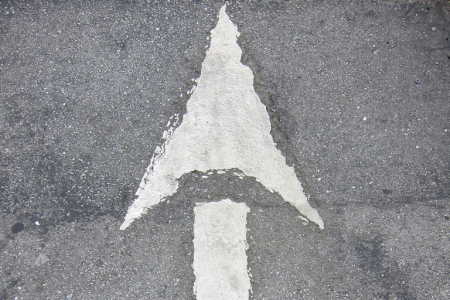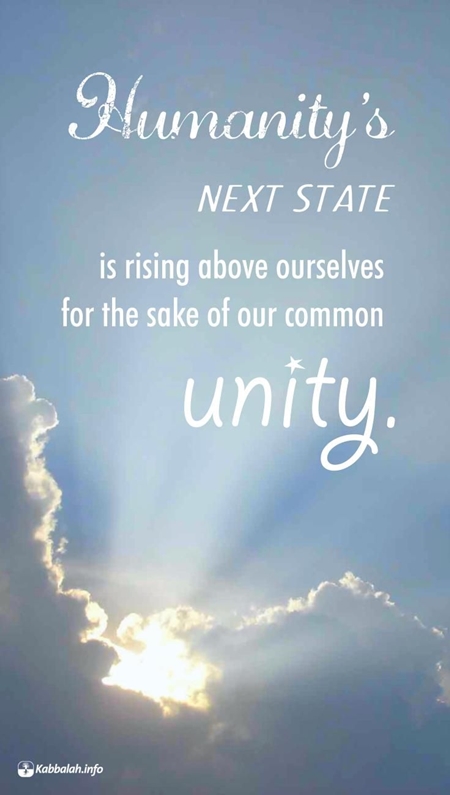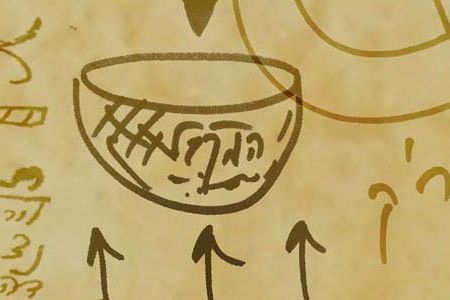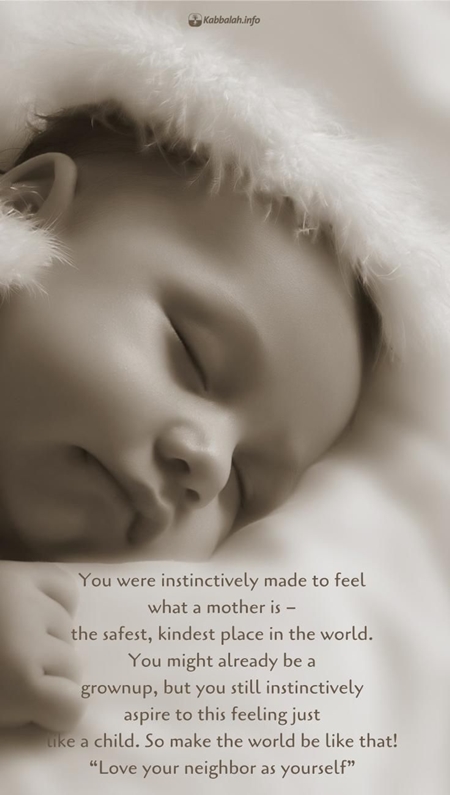Step One – Grab the Power of Kabbalah Like a Rope Thrown to a Drowning Person
There are two parts to Kabbalah: revealed and hidden. Both constitute the Creator’s thoughts. Kabbalah is like a rope thrown from above to a drowning person in a sea of egoism. By observing spiritual laws, a person prepares for the second, main stage when the one who observes and the one who obliges spiritually merge.
Revealed! The Steps on the Spiritual Ladder and What You Will See on the Climb
Those who observe spiritual rules go through five levels: Nefesh, Ruach, Neshama, Haya, andYechida. Each level consists of five sub-levels, which are then divided into five additional sub-levels. In all, the ladder of spiritual ascent, or closeness to the Creator, consists of 125 steps. The five main steps of this ladder are called “worlds.” Their sub-levels are called Partzufim, which consist of Sefirot.
All that exists in a certain spiritual world perceives the objects in that world and below it. However, they cannot even imagine or feel anything from a higher world. Therefore, one who reaches one of the 125 levels attains all the souls that exist there from the past, present, and future generations and remains there with them.
How Through Kabbalah You Can Gain Sight of Incredible Levels of Attainment
We, who exist only in our world, are unable to imagine or feel anything existing at other levels or other worlds, including those that populate them.
Kabbalists that reach a certain level on their path to the Creator can describe that level with expressions that only people who attained it can understand. Those who have not attained the described level can be confused by such descriptions and be led away from the correct understanding.
Continue reading “Why Now Is the Time of Deliverance & the Great Gift It Offers”





